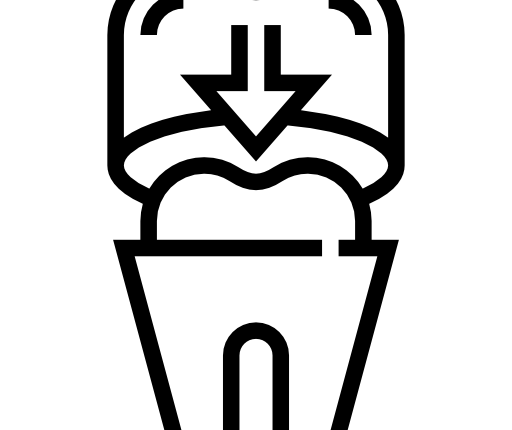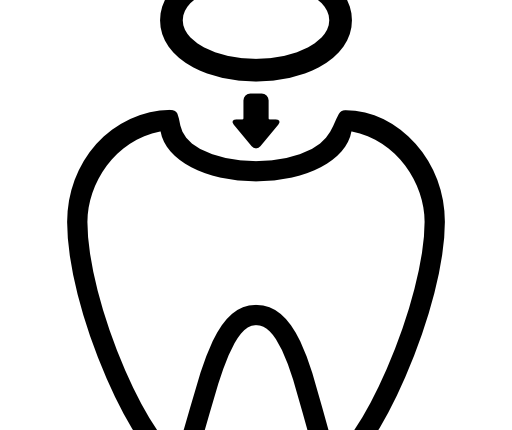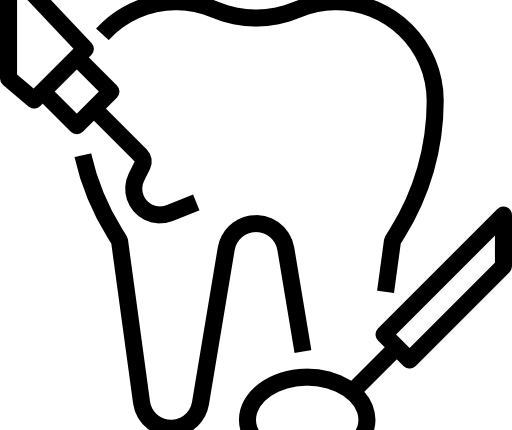Your wisdom teeth are generally the last set of teeth that erupt. They are placed at the end and are the third and final set of molars. Wisdom teeth show up by the time the patient has turned 21 or even earlier. Sometimes, your wisdom teeth may poorly erupt or not at all. In such cases, they pose a threat to the remaining healthy set of teeth. This is when your oral surgeon would consider wisdom teeth removal.
When to realize that you may require a wisdom tooth extraction?
A patient who suffers from impacted teeth could be a good candidate for wisdom teeth removal. Impacted teeth may be suffering from late eruption as they are still beneath the soft tissues of the gums. They may also have partially erupted, but not in the way we imagined it would. This might allow bacteria and infection to enter the patient's system.
Infected wisdom teeth often cause pain, stiffness, and swelling.
With careful evaluation, your dentist would conclude whether or not the patient requires an extraction.
The procedure
Unless they begin to inflict other healthy tissues and bones of your teeth, wisdom teeth would not require removal. In case they do, your dentist would refer you to an oral surgeon.
The procedure is pretty simple as is more like a normal tooth extraction procedure. The dentist would initially clean the tooth or set of teeth that require removal. Later, the area that surrounds it is numbed. Once the surrounding area is free of sensation, the dentist would carefully extract the tooth. The patient would be advised to bite over a gauze piece to halt the bleeding.
In case of severe infection, the dentist would provide an antibiotic prescription along with painkillers. You'll also be advised on aftercare instructions to relieve yourself from the pain comfortably.
Visit our practice today for further details!
Office Hours
MON - THU 8:00 am - 5:00 pm
FRI 8:00 am - 1:00 pm
SAT - SUN Closed





